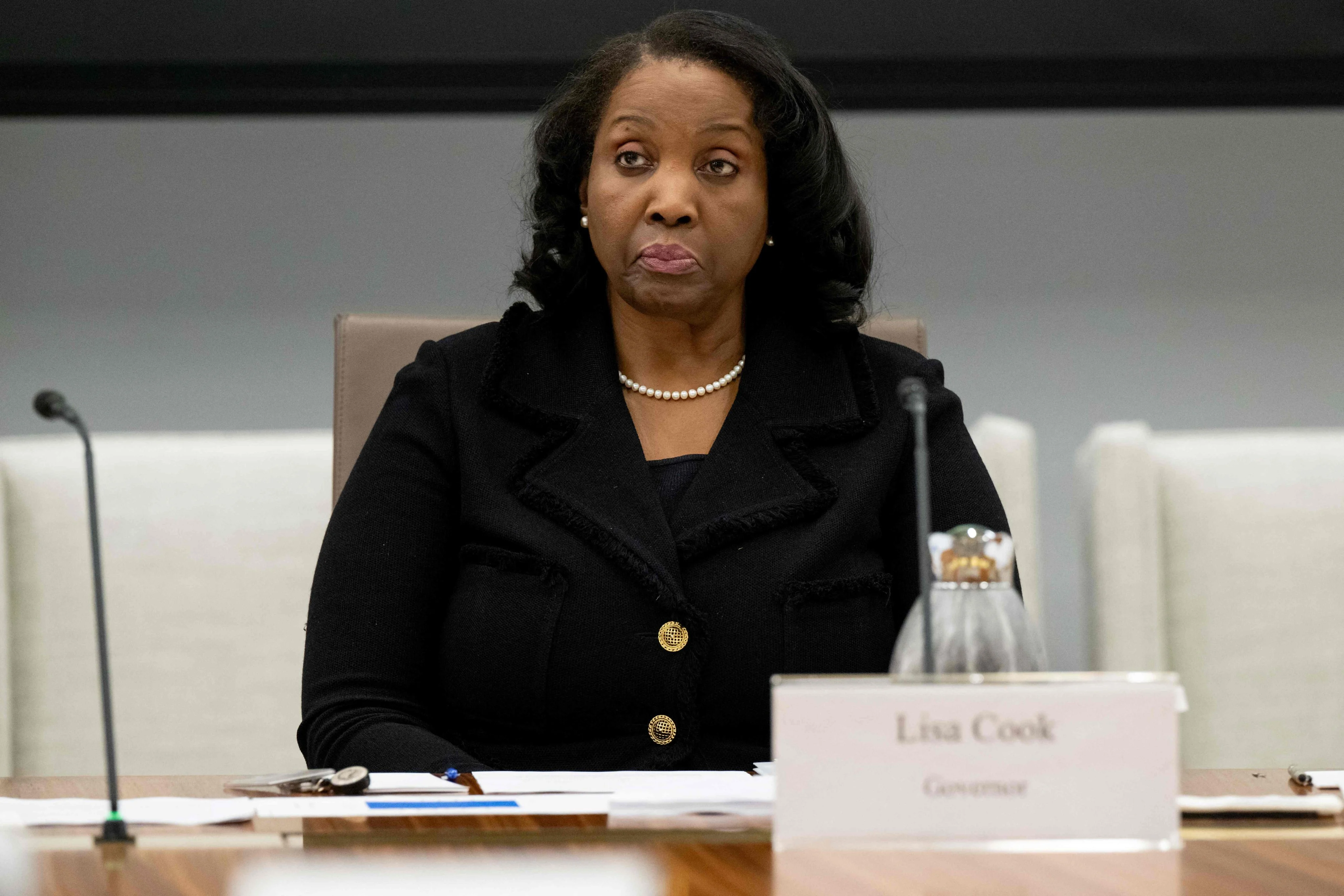Appeals Court Blocks Trump from Firing Fed Governor Lisa Cook Ahead of Critical Interest Rate Vote
Appeals Court Blocks Trump from Firing Fed Governor Lisa Cook Ahead of Critical Interest Rate Vote
By
Junia Wells
Last updated:
September 16, 2025
First Published:
September 16, 2025

Photo: South China Morning Post
Court Ruling Preserves Fed Independence Amid Political Pressure
A federal appeals court ruled Monday that President Donald Trump cannot remove Federal Reserve Governor Lisa Cook before the central bank’s upcoming policy meeting, allowing her to take part in the crucial two-day Federal Open Market Committee (FOMC) session starting Tuesday. The decision ensures that Cook, a key member of the Fed’s board of governors, will have a vote on whether to cut interest rates—a matter that could significantly impact U.S. financial markets and the economy.
Trump’s legal team had requested an emergency stay to pause a lower-court ruling that blocked Cook’s firing while her lawsuit proceeds. The appeals panel concluded that the stringent legal requirements for such a stay had not been met, effectively denying the president’s attempt to remove Cook ahead of the FOMC vote.
Background of the Dispute
The conflict began in late August when Trump sought to fire Cook “for cause,” citing allegations of mortgage fraud raised by Bill Pulte, his administration’s housing finance director. Cook, an appointee of former President Joe Biden, has consistently voted in alignment with Fed Chairman Jerome Powell, including on decisions to maintain interest rates, a stance Trump has repeatedly criticized.
Cook filed a lawsuit challenging her removal, denying the mortgage fraud allegations and arguing that her firing violated her constitutional rights. The lower court, presided over by U.S. District Judge Jia Cobb, blocked Trump’s action last week, ruling that it likely infringed upon the Constitution’s Due Process Clause.
Judicial Opinions Split Along Lines of Precedent and Appointments
The three-judge panel handling the appeal included two Biden appointees—J. Michelle Childs and Bradley Garcia—who supported maintaining Cook in office. In his concurring statement, Garcia emphasized the unique circumstances of this case, noting that it differs from other recent challenges to presidential removal powers. Both judges sided against granting the emergency stay requested by Trump.
The third judge, Trump appointee Gregory Katsas, dissented. He argued that pre-appointment conduct should be sufficient grounds for removal and that Cook does not hold a constitutionally protected property interest in her Fed position. Katsas asserted that the equitable balance favored the government, which he believed justified granting the emergency stay.
Implications for Markets and Monetary Policy
Cook’s participation in the FOMC meeting could influence critical decisions on U.S. monetary policy, including potential interest rate cuts aimed at stimulating growth amid economic uncertainties. Markets have closely monitored political pressure on the Federal Reserve, and any perceived threat to the central bank’s independence can trigger volatility in stock, bond, and currency markets.
The case underscores the tension between the White House and the Fed, particularly as Trump continues to advocate for aggressive rate reductions. While his focus on monetary policy has historically drawn headlines, legal and constitutional protections have so far prevented the administration from directly influencing the composition and decisions of the central bank.
The Road Ahead
The legal battle over Cook’s removal is likely to continue, with both sides preparing for further appeals. Meanwhile, the Fed moves forward with its scheduled meeting, where decisions on interest rates will be scrutinized by investors, economists, and policymakers alike. How this dispute shapes perceptions of Fed independence could have lasting effects on financial markets and U.S. economic credibility in the months ahead.
Popular articles
Subscribe to unlock premium content
The Rise of Silent Walking Tours in Historic Cities

The Rise of Ultra-Niche Cooking Classes Focused on Historical or Regional Recipes

The Rise of One-Person Dining Experiences for Ultra-Introverts in Major Cities

The Rise of Silent Walking Tours in Historic Cities

The Rise of Ultra-Niche Cooking Classes Focused on Historical or Regional Recipes

The Rise of Silent Walking Tours in Historic Cities









